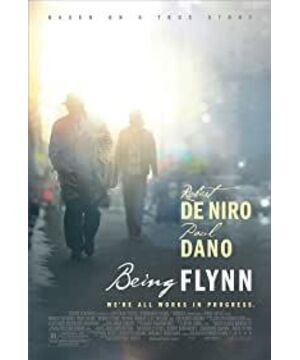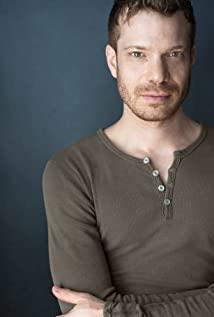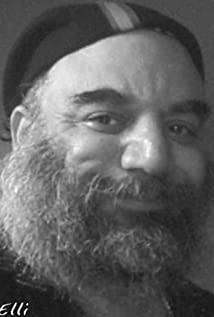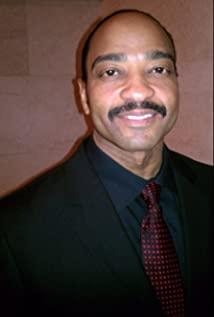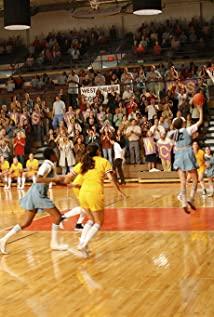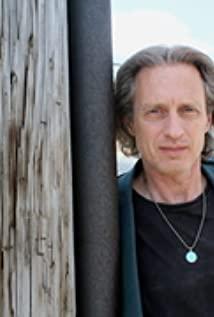This is a movie released in 2012. De Niro plays a homeless father.
This is a story about two generations of father and son. Originally Flynn had a normal family, but the good times didn't last long. Under the coercion of evil forces, Jonathan committed the crime of forging securities. "If I don't do what he says, he threatens to kill you two." As a result, after spending many years in prison, the couple divorced. For 18 years, his wife could not bear the pressure of life and chose to commit suicide. Adult son Nick Flynn works at a homeless shelter. Father Jonathan Flynn also walked into the shelter because he was homeless. Father and son meet unexpectedly. Eighteen years have not seen him, Nick has no impression of his father, let alone feelings. After a few days of contact, the two encountered a lot of embarrassment and improved their understanding. With his father's encouragement (if Jonathan's way can be called encouragement), Nick persisted in writing and finally published his own collection of poems. The film ends with a scene where Nick introduces Jonathan to his wife and daughter. His wife Meneff said to her father-in-law, "Do you want to hug your granddaughter?" Nick hurriedly stopped him. Jonathan said, "I have had children. Nick." He kindly picked up his granddaughter and proudly showed off to Nick, "Look!" But the granddaughter didn't recognize the grandfather, and began to cry, struggling to get out of Grandpa's hands. . The audience will definitely feel that although the three generations of grandparents and grandchildren are still separated by distance, they have come together and become a family after all.
There is no violent comedy conflict in the film, it just tells the emotional relationship between Jonathan and Nick. Among them, what caught my attention was Jonathan's character characterization and the emotional development of their father and son.
Jonathan's entire life has undoubtedly been a failure. His personality is also complex. As Nick commented on his father: "He sold forged checks and wrote excellent American novels." On the one hand, he insisted that he had the potential to be a writer, and firmly believed that "there have only been three first-class writers in the United States: Mark Twain , Salinger and me. My work is classic. Soon I will be famous". Decades of tireless writing. Packed several boxes full. But people have never been able to read his works. In the end, he "reluctantly" gave these works to his son Nick, and he did not forget to instruct his son: "Don't copy me." The son's feeling when he read it was "The first 30 pages are still the same, and then just like his life, It collapsed quickly." Although Jonathan was stubborn, in his subconscious, he gradually realized that his dream of being a writer in this life was hopeless, so he pinned his hopes on his son, and wrote hundreds of letters to his son to encourage him in prison, and finally succeeded. Jonathan complacently thinks it's his inheritance. Because of his creation, because of his encouragement, Nick "became Flynn". There are also many disgusting qualities in Jonathan, like bragging, obviously homeless, and bragging to others that he has a suite in such and such a hotel. Has a bad temper and was kicked out of the house by the landlord. Likes to drink alcohol, and because of this, he was pushed out by the rescue station. It should be said that his tragic end to nowhere was caused by his own bad nature.
However, we also see rare and excellent qualities from Jonathan. One is his firm will. The belief of being a writer has accompanied him throughout his life. Writing is his hobby and the sustenance of his life. Whether in prison or as a taxi driver, whether he was well-fed or down and out, writing was the number one priority in his life, and he never gave up. Second, Jonathan always faces life head-on, lives tenaciously, and never bows his head to adversity. There is such a scene, in the cold winter, he has nowhere to rest. First, he was rejected by his former friends, so he had to sleep in his taxi, and then he would sit on a bench by the road or outside the heating vent. When he exhausted all means and couldn't resist the cold, he walked into the rescue station, hoping to get a bed. And happened to be on the window where the bed was allocated, and saw his son Nick. Jonathan looked at his stunned son and said calmly, "I want a room for the night." There was no embarrassment, no avoidance, no concealment, no inferiority complex.
The father and son had a conversation.
Jonathan asked Nick, "By the way, why didn't you let me live with you before?"
Nick: "I'm afraid that if I go to rescue a drowning person, I'll drown myself."
Hearing this, Jonathan got angry: "The drowning man? The drowning man? I am not the drowning man! I am the tenacious man, the master. I can't die outside. I am not like your sentimental mother, I am tenacious. man! You know? You're lucky to be my son, so you're tough. You're not me, Nick Flynn, I forgive you. I made you, but you're not me." The summary is also a spur to his son. Seeing this, how can we not feel sincere admiration for Jonathan's positive mood?
The focus of the film is to express the emotions of their father and son. East and West have slightly different views on family love. What the East wants to consider is filial piety, responsibility and affection, while in the West it is only duty and affection. Here we have an ancient ballad satirizing those false filial piety: "If you are filial and honest, your father will live away from home". This is what the oriental people think of as an act of great treason. There is no such concept in the West. Especially in Nick, he and his father have not seen each other for 18 years. He is eager to get his father's care, and he is just passing the ball to his father in his imagination. However, when he did meet his father, Jonathan was just a stranger to Nick, and had no other relationship with each other than blood. Don't talk about filial piety, even responsibility is optional. Then "father lives away" is a very normal thing. However, family love, as a kind of human emotion, is different. It can be deeply buried in the bottom of my heart and does not need to be manifested by any action. But when this kind of feeling develops to a certain extent, all the care, consideration and behavior are the natural expressions of family affection. "The line in the hands of a loving mother" is because of the worry of "I am afraid of returning late". In the film, we can gradually appreciate the development and maturity of the affection between their father and son. Nick watched his father's back fade away in the cold wind, and Jonathan listened with brows closed at his son's poetry reading. They are all expressing the deep affection between them.
Look at the years we have spent here, let alone family, the minimum filial piety and responsibility have long since disappeared. In the era of materialistic desires, family love has become a naked money relationship. Don't say it, it sounds disgusting. Fortunately, I still retain that emotion between myself and my relatives, which makes me cherish it even more and makes me secretly proud.
De Niro plays his father, Jonathan. It's a very difficult role. De Niro acted with ease, rationality in absurdity, self-esteem in downfall, helplessness after boasting, and perseverance knowing that it was impossible, and grasping the proportions very well. The plot and structure of the entire film is also excellent. Just not as lively as cop movies and action movies.
My rating: 8.0.
View more about Being Flynn reviews


